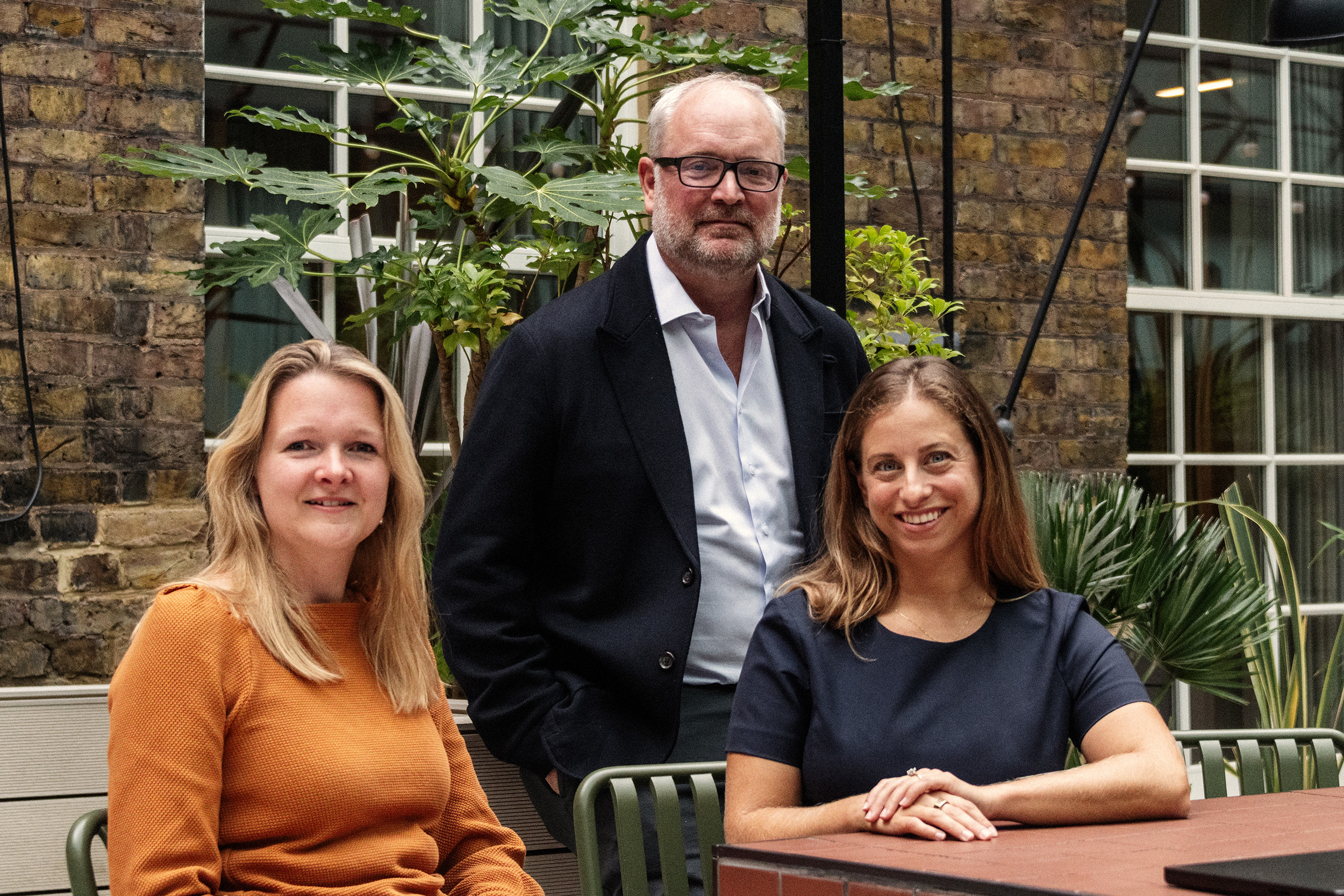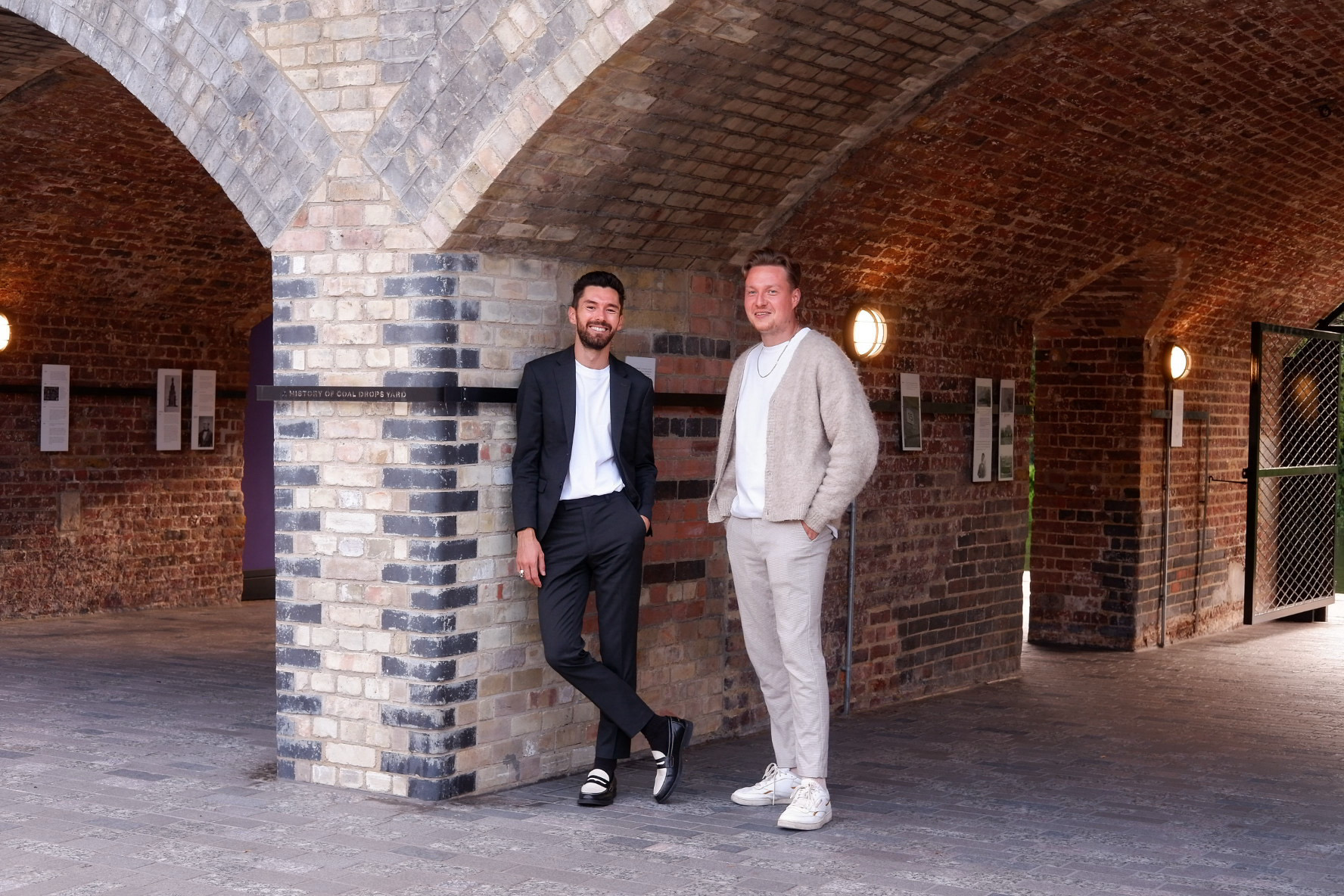It all started about a year and a half ago on a long stopover transatlantic flight. Tired and cranky I just couldn’t wait to get off the plane. I turned next to me to find Christian (founder and CEO of Paddle) and started talking to him.
Why I invested in Paddle


The conversation woke me up for sure and got me excited to learn more about his business. Coming back to London I was talking to one of my colleagues about it and he was, funnily, trying to get in touch with Christian as he had heard great things about him and Paddle as well. Serendipity you say? Perhaps....Fast forward 18 months, and after a lot of “dating”, we are thrilled that Christian and the Paddle team have accepted our “marriage” proposal to join them on their next stage of their journey!
The painful functionality and data silos of today
I frequently find myself pointing out that venture capital is often too conservative. As VCs we should be investing in companies that are building the technologies for the future, investing in markets and companies that will peak in 5-10 years (or even more) and yet most times we actually invest in companies that are solving current market challenges with less futuristic technologies and products. At Notion, we have certainly invested in companies building for the future, like Five.ai, Kisanhub and Unbabel to name but a few, but as my colleague Chris Tottman always says, we also focus on entrepreneurs that identify a big current market pain and ideally a team that has lived that pain first hand. Such founders, if they tackle the challenge right and build the right product for it, can build amazing and massive companies. The team at Paddle is a great example of this.
Before founding Paddle, Christian had to tackle a lot of the challenges his company now solves as he was developing and selling software. As companies think about selling their software products, they have to address checkout and payment processes, managing VAT and sales tax, managing multiple currencies and FX, especially as they think about selling cross-border, managing their customer base, licensing etc etc...Listing out all the functionalities they have to deal with alone is exhausting. All of these capabilities are provided by individual service providers, sometimes in simple and beautiful APIs (as in the case of Stripe for payments, GoCardless for direct debit and CurrencyCloud for global payments) though in complete silos from each other or in very clunky and old school solutions in the example of most existing Tax and VAT solutions.
The operating system for software companies
Paddle aims to address these product inefficiencies by becoming the operating system for software companies; or as they so bluntly put it, they want to kill the software stack! Paddle’s vision is to enable companies to focus on their product - spend time building and selling, rather than dealing with operational activities and overcoming inefficiencies to run the business. That is a vision we definitely subscribe to. They have built an integrated management platform for developers and product teams to cover payments and billing, checkout flow, marketing and CRM including campaigns, support and updates. The teams get a consolidated reporting dashboard and companies get improved increased sales and ROI and their customers’ customers get a better experience. They believe that a lot of the capabilities on payment, billing, tax etc will continue to be commoditised, as it is already happening and so owning the customer journey and dataset is the long-term differentiation. They are focused on enabling companies to abstract the business infrastructure and manage data across the whole commerce workflow.
The team’s product vision plays very well into this trend, Tom Tunguz has recently written about the next shift in SaaS being an evolution from displacer of legacy tech to a disruptor of systems of record, as SaaS companies capitalise on their workflow roots, the data they will aggregate from this usage will provide unique insights around workflows and performance that the preceding static systems of record cannot furnish. Paddle is perfectly placed to affect such a change and has been consistently moving in this direction as the product evolves. Paddle differentiates against incumbents by targeting the SMB space. However, they are moving upstream and they can attract companies that use multiple best of breed products given that they can provide an end to end data understanding of their end customers and with only one API integration. What a beauty!
With a strong team foundation for the future
Christian started Paddle at a very young age and has led the company through an impressive growth path, with a global customer base from the start and admirable metrics across the board. He has now built a very charismatic and strong leadership team around him to support him on this next phase of the company growth, which is projected to be massive to say the least :-). Their thoughtful approach to building their product is equally reflected in how they’ve been composing the team and their go-to-market.
I am very much a founder-driven investor, in the sense that I look for those founders that get me excited about their journey and of course are willing to take me along for the ride. The more time I spend with the rest of the team I can also see that passion and drive in the rest of the organisation to build a great company. Finally having the chance to work alongside Mark Evans (who I’ve long considered a mentor) and the Kindred team, Harry Briggs and the BGF team and Oleksandr Kosovan, the CEO of MacPaw is definitely a bonus!
Posted by Chrysanthos Chrysanthou, Partner at Notion Capital.
View Paddle here







